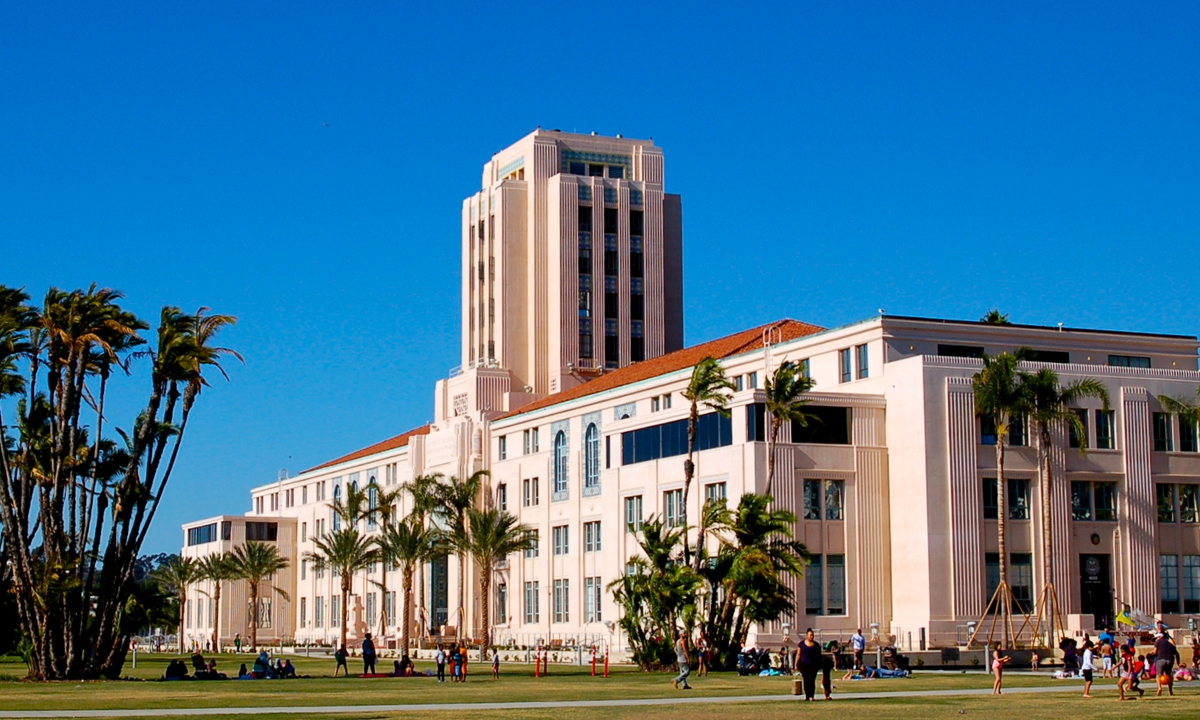Written by Mark Powell
Home prices in San Diego are increasing at the fastest pace in nearly 8 years and with construction material prices quadrupling, building affordable homes in San Diego may be unrealistic, unless our elected leaders take a bold step and encourage waiving all building permits fees on affordable housing projects. They must also hold off on implementing any new costly point of sale mandates and should consider providing additional financial incentives, such as tax credits for the installation of solar. The U.S. Bureau of Labor Statistics shows lumber and plywood costs along with most construction materials have soared over the last 12 months—and there is no indication that construction prices will go down anytime soon. San Diego politicians cannot regulate the price of lumber or steel, but they can regulate their own permit fees, which is why it’s essential to waive these pricey expenses and continue to build affordable housing in San Diego.
San Diego County’s median home price rose to a record $725,000 in May, representing a 23 percent increase in one year. However, at $69,000 a year, the average salary in San Diego County remained about the same as it was in 2020. Over the last year, home prices have exploded while salaries remained fairly level. To put this into perspective, the average elementary school teacher in San Diego makes about $65,000 a year; the average police officer earns about $63,000 annually; and the average nurse makes $84,000 a year. To some folks, this may seem like a lot of money, but if you live in San Diego, these salaries are not enough to purchase a median-priced home, because it takes an income of approximately $126,000 a year to qualify for a home loan.
Regulatory costs to build a home are high in San Diego, representing between 34% and 51% of the average cost of building housing. Local government has the ability to manage regulatory costs and make homes more affordable by waiving permit fees and streamlining the building process for affordable housing projects. Affordable housing projects help make homes economical for service professionals, such as teachers, police officers, and nurses − anyone who makes an average salary in San Diego. However, when affordable housing options are considered, there is almost always some opposition. Some of it may be legitimate, such as wanting to build high-rise apartment buildings in a neighborhood with only single-family detached housing. However, some opposition is not so legitimate. The most commonly reported opposition to affordable housing is fear of increased crime and decreased safety. The bottom line is we need to build affordable housing in San Diego, and the only way to make this cost-effective is to waive government permit fees and hold off on any additional point of sale mandates.
State lawmakers already passed a mandate making California the first state to require that all new homes built in the state must be fitted with solar panels. The solar fittings are expected to add an estimated $10,000 to the cost of building a single-family home. And even though California regulators recently eased off the state’s new law requiring solar rooftops on most new homes, agreeing to allow developers to use off-site community solar installations instead, San Diego Gas & Electric Company does not have plans to put forth a similar proposal at this time. Therefore, the costs for new construction in San Diego will continue to include roof fittings.
While permitting fees can serve an important purpose, they can also add up. Local government can encourage the development of new affordable housing by waiving these fees for qualifying affordable housing projects. There are a variety of ways that cities can make fee waivers available to developers of qualifying projects. Typically, developers need to submit an application for the waiver to the city, along with documentation proving their intention to comply with eligibility requirements. Once the application has been approved for a qualifying project, the permit fees are waived and that lowers the building costs.
We must keep in mind that the desire to have a clean environment and a viable climate action plan should be balanced with the need for affordable housing, and it appears that some of our elected officials may not fully understand the unintended consequences permit fees to have on home affordability in San Diego. Most affordable housing residents are seeking safe and decent housing that will allow them to live self-sufficient lives in a good community, and government can make this happen by waiving costly permit fees.
* Mark Powell is a member of the California Association of Realtors and the National Association of Realtors. He lives in University City.




